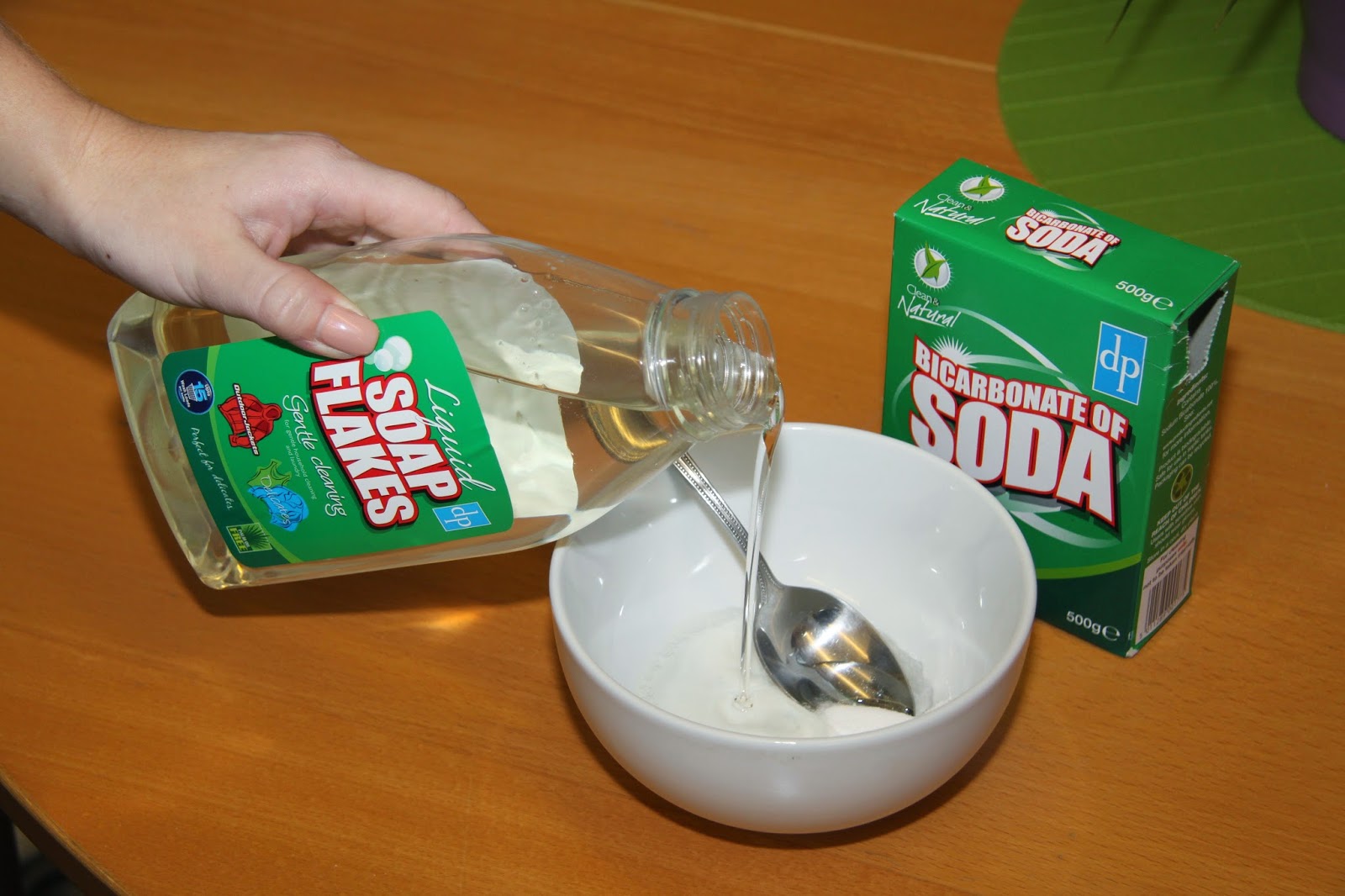If you’re going to be out in the sun, you have to protect your skin – it’s as simple as that. The only downside is that the oils, colours and active ingredients in some sunscreens can stain your clothes. Now you can say goodbye to even the most stubborn of these stains with these easy stain removal tips.
Treating Fresh Marks and Spills
Remove
excess cream from the garment with a kitchen knife or spoon, and then blot any
remaining liquid with a clean dry cloth. Sprinkle the stain with Bicarbonate of Soda and give it 15
minutes to absorb any excess oil.
Shake off any excess Bicarb, then rub the
stain with Liquid Soap Flakes, while
working the soap into the stain well.
Rinse and repeat this process before
leaving the garment to soak in a mixture of Liquid Soap Flakes and the hottest
water the garment can tolerate for up to 30 minutes. Then rinse well and wash
the item as usual. The faster you deal with this type of stain, the better
the result.
Treating
Stubborn Stains
Combine
Soda Crystals Laundry Boost with
some water to make a paste.
Use the steps listed above and alternate between
using Liquid Soap Flakes and Soda Crystals Laundry Boost with the same rubbing and
soaking method until the stain is removed.
This
process also works for difficult make-up
stains like foundation streaks
on clothing. Always check the manufacturer’s instructions and carry out a test on
an inconspicuous area to check the colourfastness of the fabric. Here’s an
extra tip:
How to Get Powder Foundation Out of Your Clothes:
First of all, don't rub it in! Excess powder can simply be dusted off,
but a ground-in stain is harder to deal with. Instead, mix up a solution of
White Vinegar and water to remove the smudge — test it on an inconspicuous spot
first for colourfastness.
This mixture also works well to get rid of dried-up
stains on the bathroom countertop.
How to Get Powder Foundation Out of Your Clothes:
First of all, don't rub it in! Excess powder can simply be dusted off,
but a ground-in stain is harder to deal with. Instead, mix up a solution of
White Vinegar and water to remove the smudge — test it on an inconspicuous spot
first for colourfastness.
This mixture also works well to get rid of dried-up
stains on the bathroom countertop.















.jpg)



